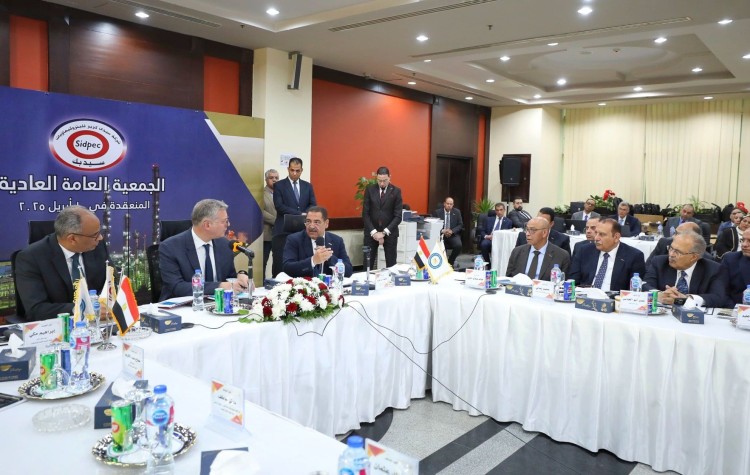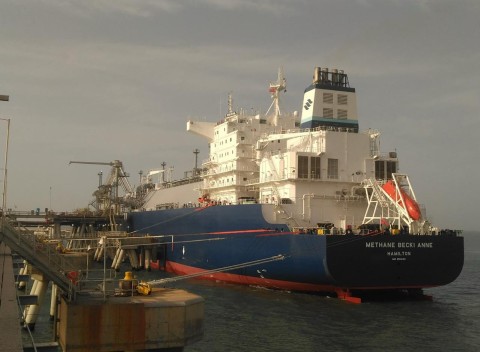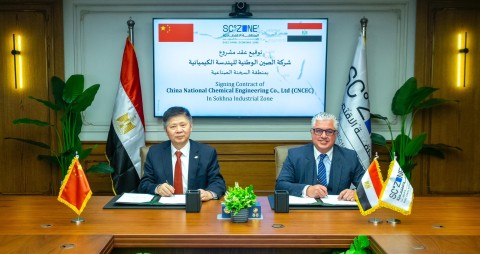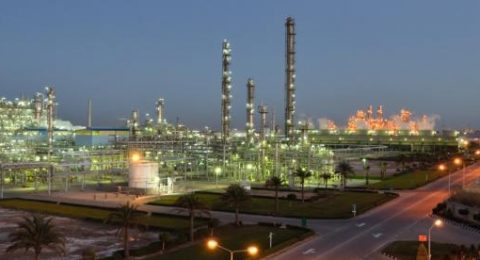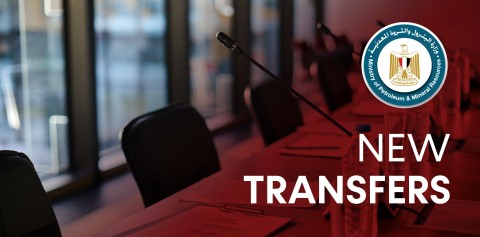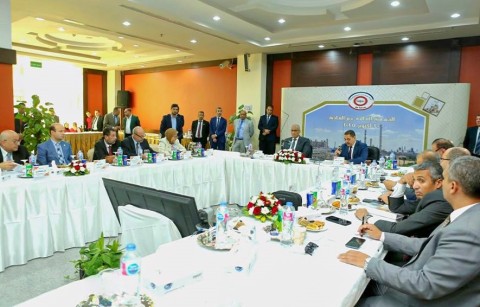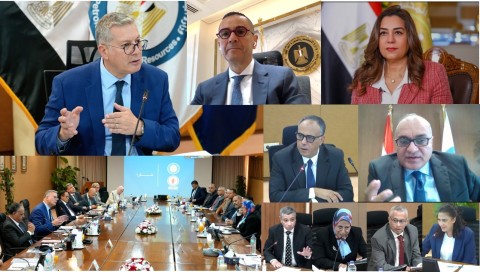Sidi Kerir Petrochemicals Company (SIDPEC) achieved a net profit of EGP 2.539 billion in 2024, a 3% increase from 2023, driven by strong financial performance and sustainable growth despite global challenges.
The Company announced this during its general assembly meeting to approve its fiscal year results in the presence of the Minister of Petroleum and Mineral Resources, Karim Badawi, and other officials from the petroleum sector.
“The company managed to sustain its distinguished trajectory in 2024, despite numerous global economic and geopolitical challenges,” said Mohamed Ibrahim, Chairman of SIDPEC.
He explained that the company maintained its strong financial position due to a clear strategy implemented by the Ministry of Petroleum and Mineral Resources, aimed at maximizing the added value of petrochemical projects under the second pillar of the ministry’s integrated strategy. This was further supported by the ongoing guidance and oversight of the Egyptian Petrochemicals Holding Company (ECHEM).
SIDPEC produced 228,000 tons of ethylene, from which 33,000 tons were allocated to ECHEM facilities, according to Ibrahim. The company also produced 38,000 tons of untreated butane, along with 4,000 tons of high-octane naphtha.
Regarding polyethylene, the final product, total production reached 185,000 tons, about 60% of which was exported to generate dollar revenue, while 80,000 tons were allocated for the local market.
The Company’s commercial activities also contributed to the sale of 28,000 tons of various polymers, which greatly boosted the company’s net profits.
Ibrahim also stated that SIDPEC has launched several major projects, including an ethane import project. It aims to secure production, ensure operational stability, and support future expansions. This project is the result of a collaboration between the Alexandria Supply Chain Company and national companies.
The company also launched a project to produce sodium cyanide as a free-zone project in partnership with Draschem for Specialized Chemicals, through foreign direct investments (FDIs), which fosters the added value of SIDPEC’s industrial complex in El-Nahda area, Alexandria.
In the energy sector, SIDPEC launched the Combined Heat and Power (CHP) project–a top-tier project for increasing energy efficiency in the industrial sector, reducing carbon emissions, and elevating self-generated electricity production, thus enhancing sustainable development.
The chairman also emphasized that SIDPEC places significant importance on occupational safety and health and environmental protection, recording a total of 13.885 million safe work hours. The Company has also adopted a waste recycling methodology and updated its environmental and health management systems, obtaining valid ISO14001:2015 and ISO45001:2018 certifications until 2027.
Regarding its social responsibility, SIDPEC continues to support the community by sponsoring the SIDPEC Applied Technology School, which trains skilled professionals for the petrochemical and industrial sectors, as Ibrahim noted.
The Company has also established a medical protocol to offer treatment to underprivileged residents in neighboring areas, and has contributed to the development of the intensive care unit at the Coptic Hospital in Alexandria. In addition, it is actively involved in community events and regularly donates to local development projects.
Minister Badawi highlighted the pivotal role company plays in fostering local industries by supplying essential petrochemical raw materials to various industrial sectors. This strategy significantly reduces reliance on imports and lowers import-related costs, in line with the nation’s ambitious plans to support the industrial sector, he noted
Furthermore, the minister praised the successful initiatives undertaken by SIDPEC in the realm of community engagement. He emphasized the importance of sustaining these efforts, given their tangible positive impact and substantial benefits to the local community.
Notably, the General Assembly approved a dividend payout of EGP 1 per share in two installments, as well as a 1:4 bonus share distribution.
